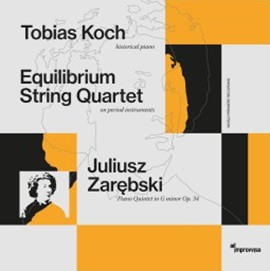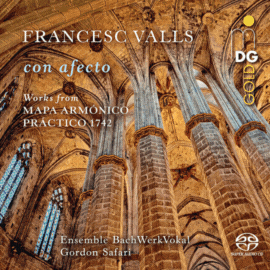In der konzertlosen Corona-Zeit war es still geworden im Alfried Krupp Saal der Essener Philharmonie. So freuten sich Anke Pan und Yuhao Guo über die Möglichkeit, in dem stimmungsvollen Saal mit der hervorragenden Akustik ihre Debüt-CD als Duo auf zwei Steinway D-Fügeln aufnehmen zu können. Yuhao Guo hat der Duo-Besetzung eine Suite auf den Leib komponiert. Sie befindet sich auf diesem Tonträger in bester Gesellschaft mit zwei Tanz-Suiten von Anton Arensky und Sergei Rachmaninov. Stefan Pieper hat sich mit Anke Pan unterhalten.
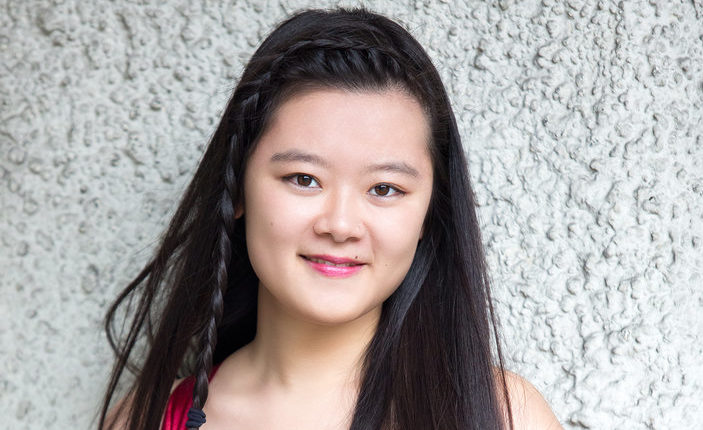
Anke Pan
Die Zeit ohne Livekonzerte hat sich wie eine halbe Ewigkeit angefühlt. Worauf freuen Sie sich jetzt besonders?
Wir sind sehr froh, wieder live zu spielen. Die wenigen Konzerte im letzten Jahr waren ja auch nichts Halbes und nichts Ganzes – nur eine Handvoll Auftritte, wo wir höchstens vor 100 Leuten spielen konnten.
Wie hat sich die Zwangspause angefühlt?
Yuhao und ich sind zum Glück sehr kreative Menschen und sehr flexibel in allem, was wir gemacht haben. Zuerst waren wir frohen Mutes und haben auch viel solidarische Unterstützung von Konzertveranstaltern erfahren, die uns zum Teil Honorare für ausgefallene Konzerte gezahlt haben. Read More →
Zibuokle Martinaityte (born 1973) comes from Lithuania and has lived in New York for several years. She “writes stimulating music that bristles with energy and tension”, according to her website. Listening to her new CD Saudade, now released on the Ondine label (ODE 1386-2), one can only agree. Four orchestral works, all written between 2013 and 2019, can be heard on Saudade. In the interview, Zibuokle Martinaityte talks about her Lithuanian roots, her passion for orchestral music - and about how the death of her father radically changed her attitude to music. Dr. Burkhard Schäfer spoke with the composer.
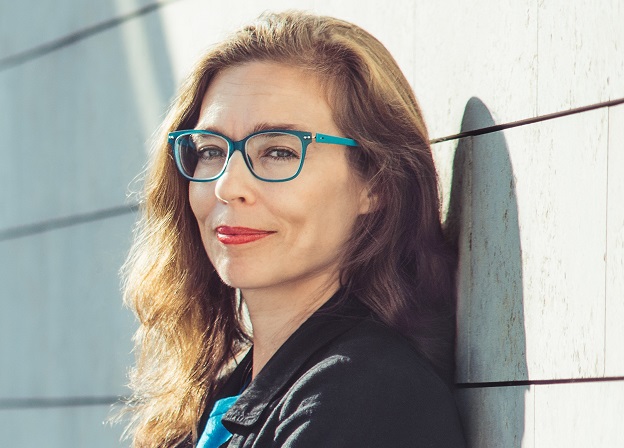
Zibuokle Martinaityte
©Terekas
You were born in St. Petersburg, grew up in Kaunas and now live in New York. To what extent have these places left traces in your compositions?
Places we live in influence our way of being, our communication and the way we relate to others and undoubtedly influence our innermost artistic expression. In my case it is not always easy to trace these influences because altogether they create a mixture… a new entity. Read More →
Aus Anlass des Jubiläumskonzertes Fast forward – 20 years United Instruments of Lucilin hat Pizzicato-Mitarbeiter Uwe Krusch ein Interview mit Guy Frisch, Musikalischer Direktor und Schlagzeuger des Ensembles, geführt.
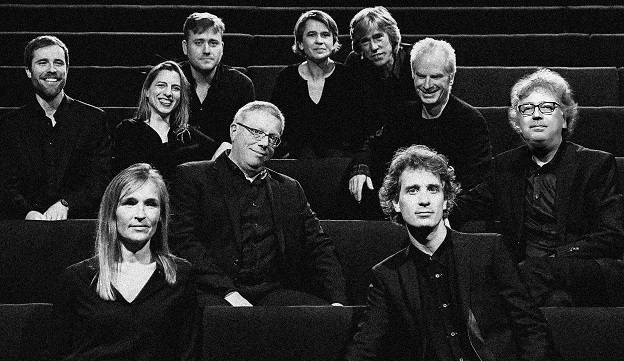
Lucilin
(c) Emile Hengen
Ich lebe seit mehr als 17 Jahren in Luxemburg. Von den Anfängen der Philharmonie und der Rainy Days bis heute habe ich den Eindruck gewonnen, dass die (wie auch immer genau definierte) Neue Musik doch beachtlich an Zuspruch gewonnen hat. So wurden die ersten Konzerte von einer Handvoll Zuhörer besucht, die wohl mehr oder weniger aller selber aus dem Metier kamen. Inzwischen ist etwa der Saal Espace découverte in der Philharmonie eher zu klein. Stellt sich die Situation aus Sicht von und für United Instruments of Lucilin auch so dar? Sind weitere Zuwächse zu erwarten oder bleibt Neue Musik trotz allem ein Nischenprodukt?
Sie haben Recht und ich bin froh, dass Sie diesen Zuwachs auch feststellen, denn seit 20 Jahren erleben wir dies mit großer Freude. Es gab sicher in Luxemburg ein Bedürfnis nach Neuem, und auch wenn dieser Zuwachs, das Interesse sich nur langsam entwickelte, tat es dies jedoch stetig und wir stehen seit vielen Jahren mit unseren Zuhörerzahlen genauso gut, wenn nicht besser da als große Städte oder Länder. Read More →
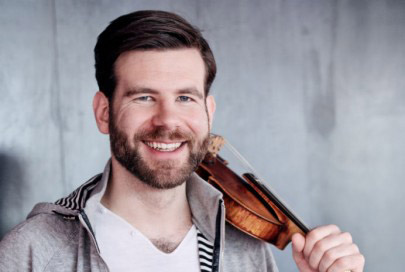
Johannes Pramsohler
(c) P. Foster Williams
A few years ago, you started your own record label. Why?
You know what? Sometimes I ask myself the same question. Having a record label presents a huge amount of work on top of what I’m doing as a concert violinist. But I think without Audax Records I wouldn’t be able to do all the projects I’m doing – anyway not in this way and definitely not at this speed. My wish is to not only record music, but to draw people closer to the fascinating world of sounds that I care so much about. Read More →
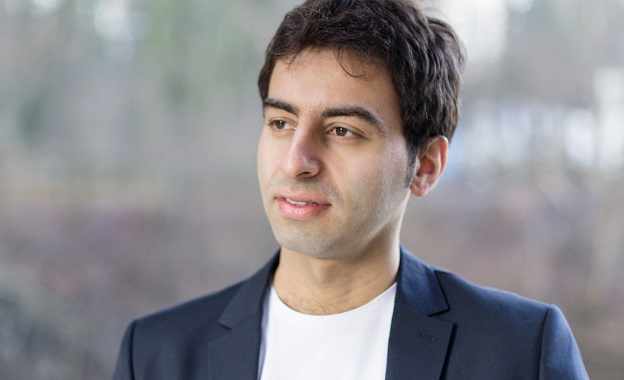
Yunus Kaya
(c) Victor Marin
Wie geht es Ihnen in diesen Tagen?
Im Moment findet quasi kein Konzertleben statt. Ich habe auch noch keine Streaming-Konzerte gemacht, jedoch konzentriere ich mich auf meine pädagogische Arbeit am Vorarlberger Landeskonservatorium. Trotzdem hoffe ich sehr, dass es bald wieder Live-Erlebnisse geben wird. Auf jeden Fall zeigt die aktuelle Situation, wie gut es ist, mehrere Standbeine zu haben. Read More →
Since the age of 4, Munich-born Maya Wichert has been playing the violin. Her enormous talent became apparent very early on. Master classes with Julia Fischer, Christoph Poppen, Ingolf Turban, countless competition successes, sponsorship awards and scholarships underline the potential of the young violinist. Many reasons for the jury of the International Classical Music Awards to present Maya Wichert with the Discovery Award 2021. Jury member Guy Engels (Radio 100.7, Luxembourg) made the following interview with her.
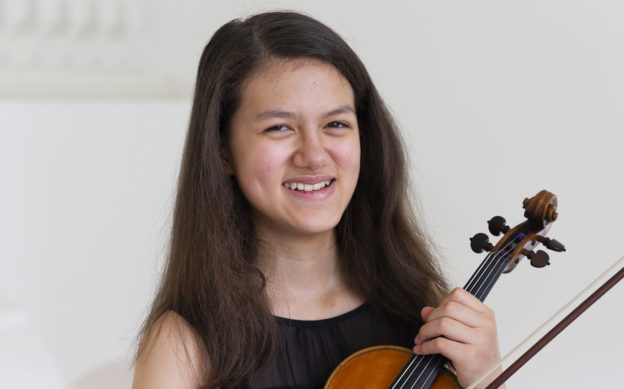
Maya Wichert
At the age of 15, you are still fully involved in the daily school routine, which is not easy to cope with, especially in times of a pandemic. Apart from the current difficulties, how do you generally manage school and music studies and still keep some free time as well?
I just try to combine everything well: the time for school, for practicing and for myself. I usually do my schoolwork first, then I get out the violin. Rehearsing depends a lot on other appointments and factors. If there are exams at school, for example, there are about two hours left for the violin. During the vacations, on the other hand, it can be more. Read More →
The Reina Sofía School of Music celebrates its 30th anniversary in 2021, consolidated as a center of high musical training. It was created in 1991 by its founder and president, Paloma O’Shea, one of the most important figures in the promotion of music in Spain, with the support of Her Majesty Queen Sofía and the participation of a group of excellent musicians – Mstislav Rostropovich, Yehudi Menuhin, Alicia de Larrocha, and Zubin Mehta – who helped Ms. O’Shea to design the School and recruit the best professors at the time. At the occasion of this anniversary, Pizzicato is presenting the school and interviews with Dean Oscar Colomina and several students from various countries.
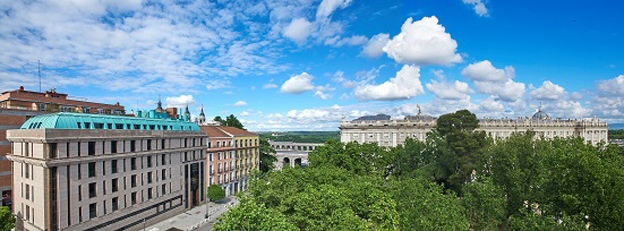
The Reina Sofía School of Music: a building by architect Miguel de Oriol in Madrid’s Plaza de Oriente
Located in a magnificent building in the heart of Madrid, next to the Royal Theatre and the Royal Palace, the School welcomes each year around 150 young musicians from more than 30 countries. Read More →
Der lettische Komponist Peteris Vasks feiert am 16. April seinen 75. Geburtstag. Aus diesem Anlass veröffentlicht BR-Klassik eine neue CD mit Streicherkompositionen. Auf sie nimmt das Interview Bezug, das Remy Franck mit dem Komponisten führte.
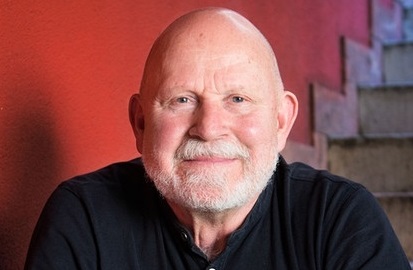
Peteris Vasks
(c) Schott-Melanie Gomez
Musica dolorosa, Musica appassionata, bis hin zu Musica serena… Das ist wohl symbolisch für Ihren Lebensweg. Sind Sie jetzt ruhig geworden?
In Bezug auf Musica appassionata und Musica serena – ja. Die Musica appassionata – Energie der Lebensreife, Leidenschaft, Feurigkeit als auch Trauer um das unaufhaltsame Zerfließen der Zeit. Und die Musica serena – lauer Lebensabend, Weisheit, doch die Liebe und der Idealismus gehen nie zu Ende. Read More →
Das Klavierduo Genova & Dimitrov gehört zu den bekanntesten Klavierduos weltweit. Aglika Genova und Liuben Dimitrov gehören zu den wenigen Pianisten, die sich ausschließlich dem Klavier-Duorepertoire widmen und nicht nebenher noch eine Solo-Karriere bestreiten. Damit gehören sie einem exklusiven und kleinen Kreis von Interpretinnen und Interpreten an: Außer den Schwestern Labèque und den Schwestern Pekinel gibt es wohl derzeit kein anderen weltweit bekanntes Duo, das so konsequent seine Richtung verfolgt.
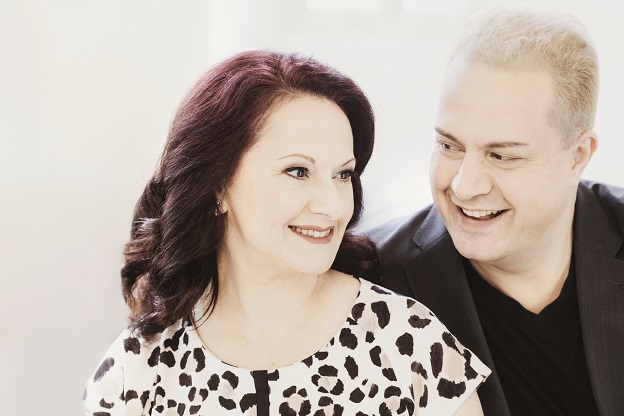
Klavierduo Genova & Dimitrov
(c) Irene Zandel
Von Oktober 2020 bis Oktober 2021 feiern Genova & Dimitrov ihr persönliches Jubiläumsjahr: 25 Jahre Klavierduo Genova & Dimitrov gilt es zu feiern. Und ausgerechnet dann wütet die Corona-Pandemie und legt weltweit das Konzertleben lahm. Im Interview mit René Brinkmann sprechen Genova & Dimitrov über ihre bisherige Karriere, wie sie sich als Klavierduo professionell und privat gefunden haben, ihre langjährige Partnerschaft mit dem CD-Label cpo und nehmen in Bezug auf den heutigen Stand der Klassikbranche kein Blatt vor den Mund. Read More →
The Swedish label BIS recently released the Requiem Under the arching by American-Finnish composer Alex Freeman, a work commissioned by Nils Schweckendiek and the Helsinki Chamber Choir to commemorate the 100th anniversary of the 1918 Finnish civil war. In this interview made by Dr. Burkhard Schäfer, the composer refers to this composition.
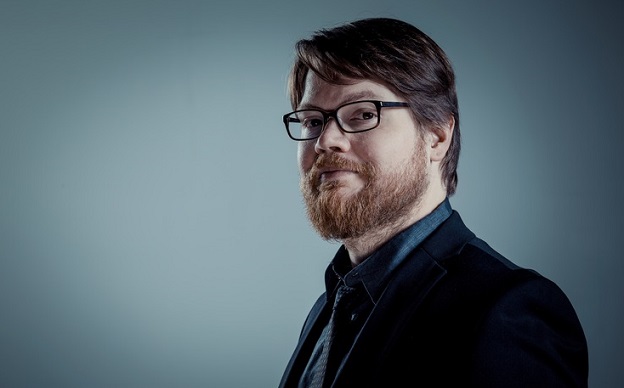
Alex Freeman
Alex, you come from the USA and have lived in Finland for a long time. Which nationality do you feel you belong to more in your capacity as a composer?
It comes up a lot and it’s interesting that it has changed with time. Recently, I was mentioned in a newspaper article as « Yhdysvaltalais-suomalainen säveltäjä », « American-Finnish composer ». I think that’s about as accurate as it can be. Read More →




